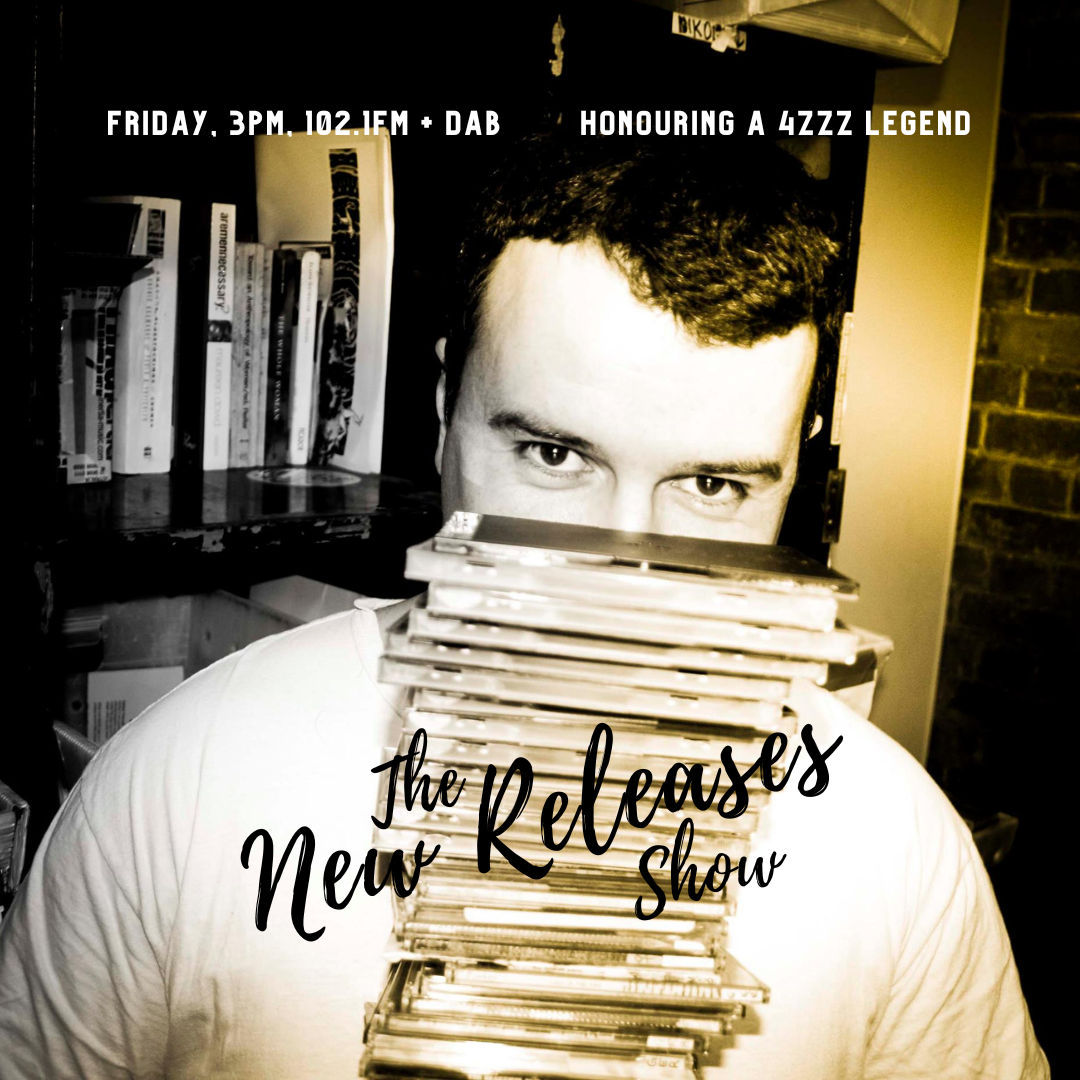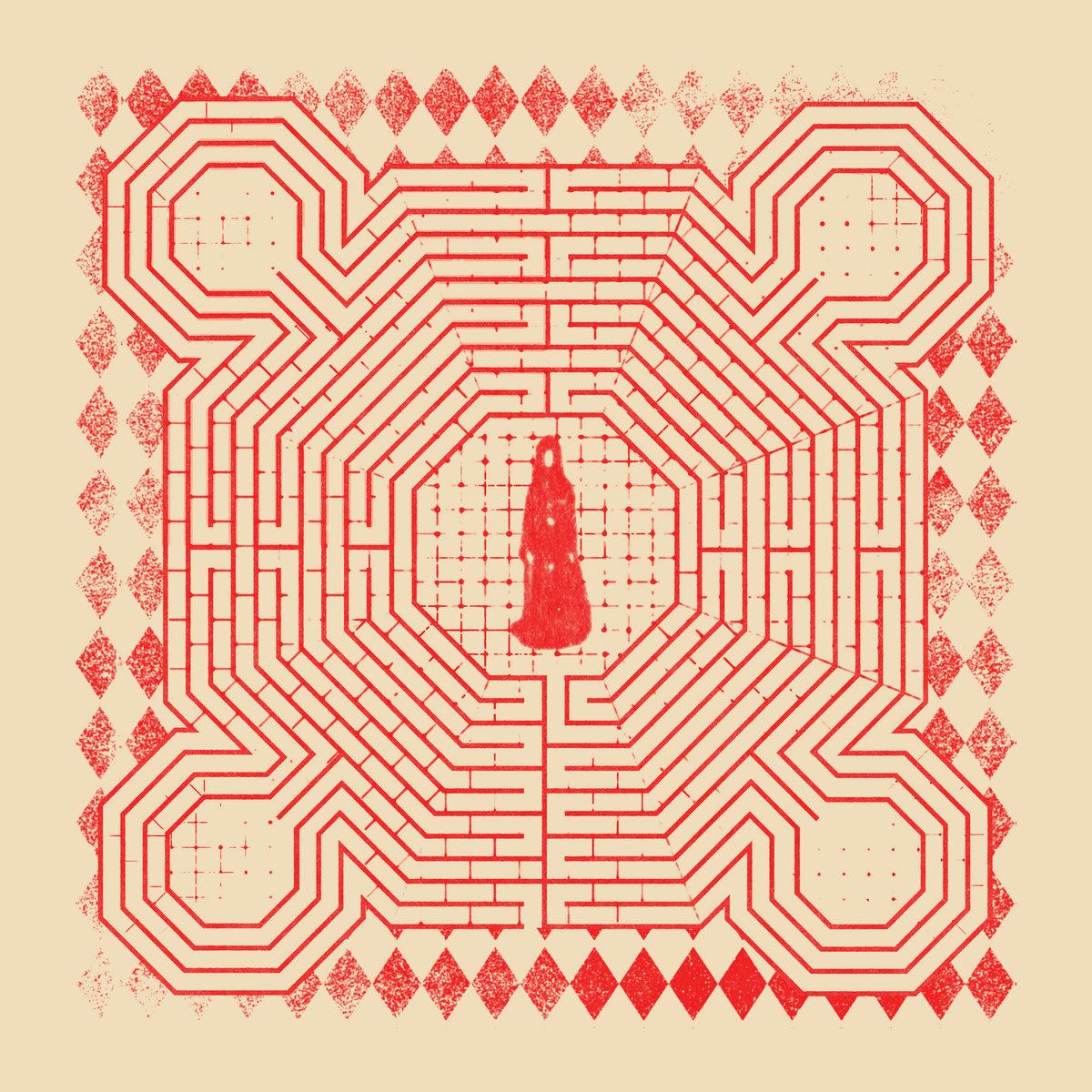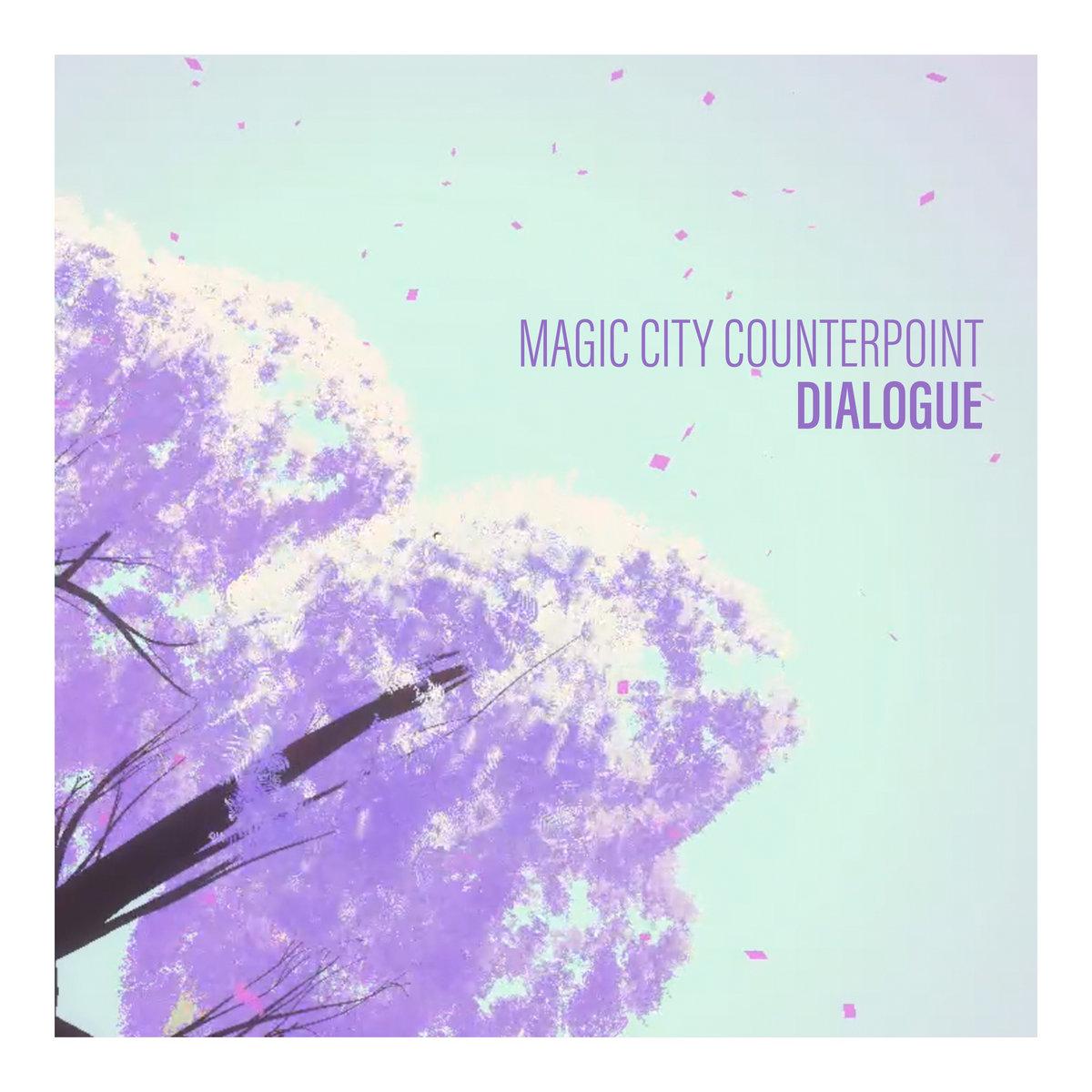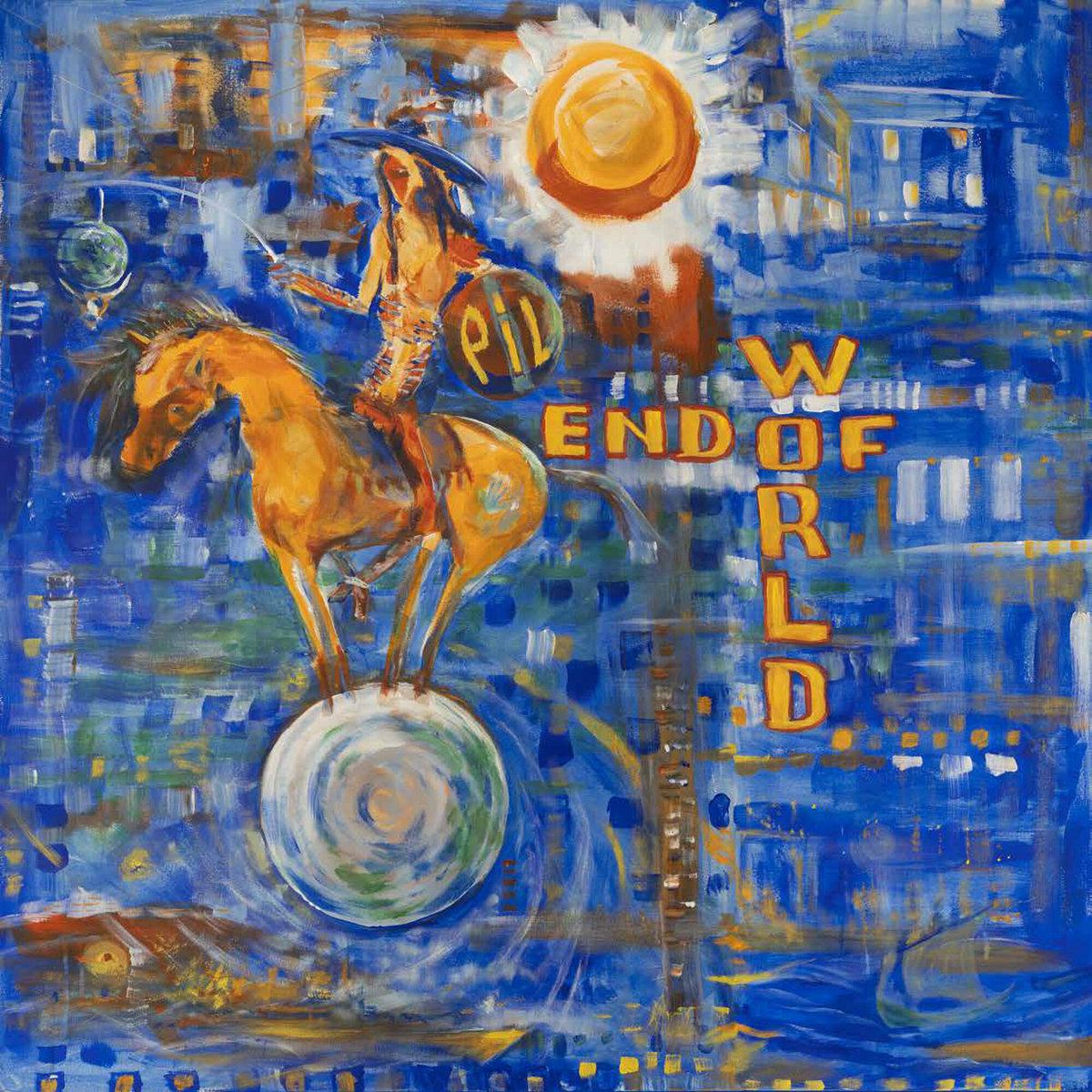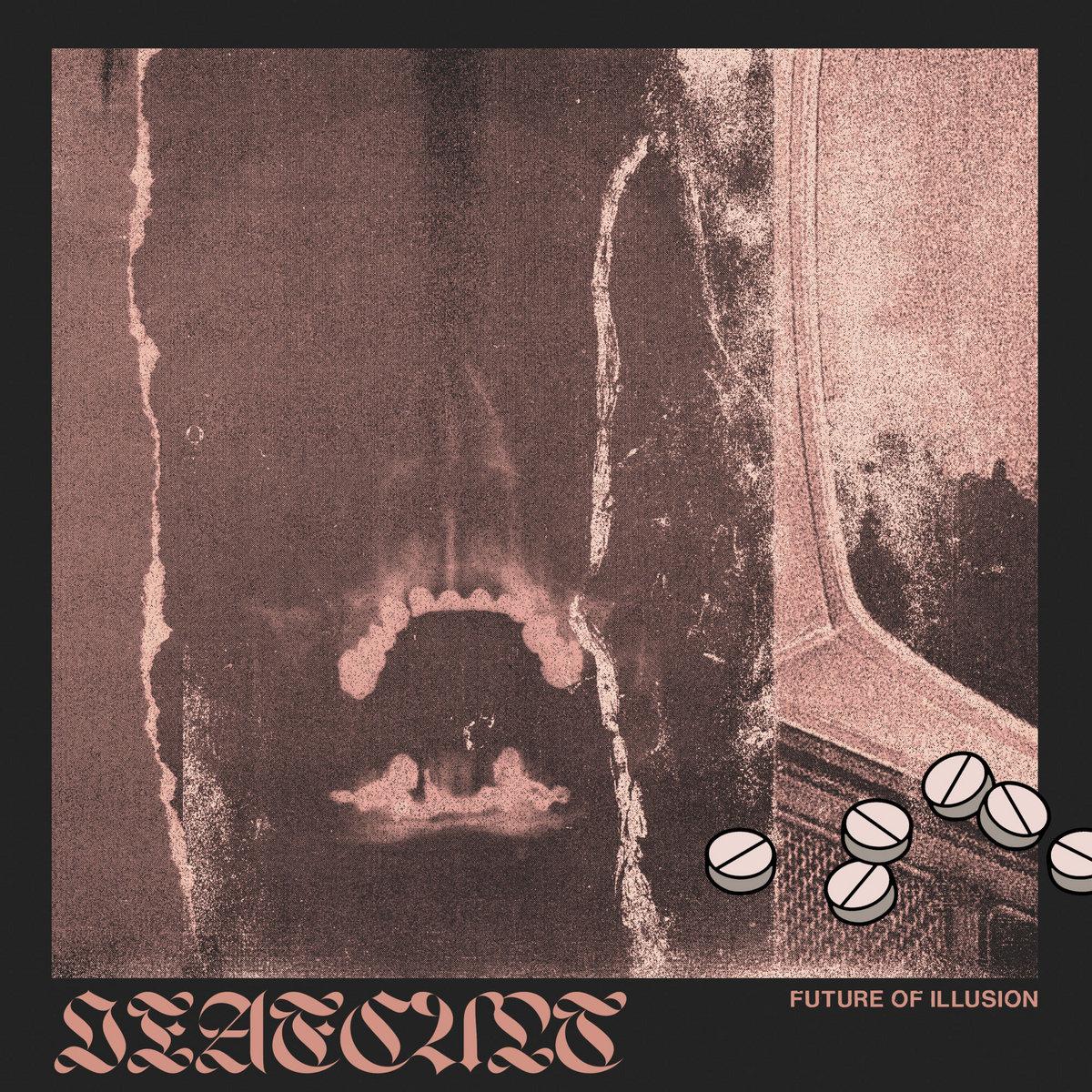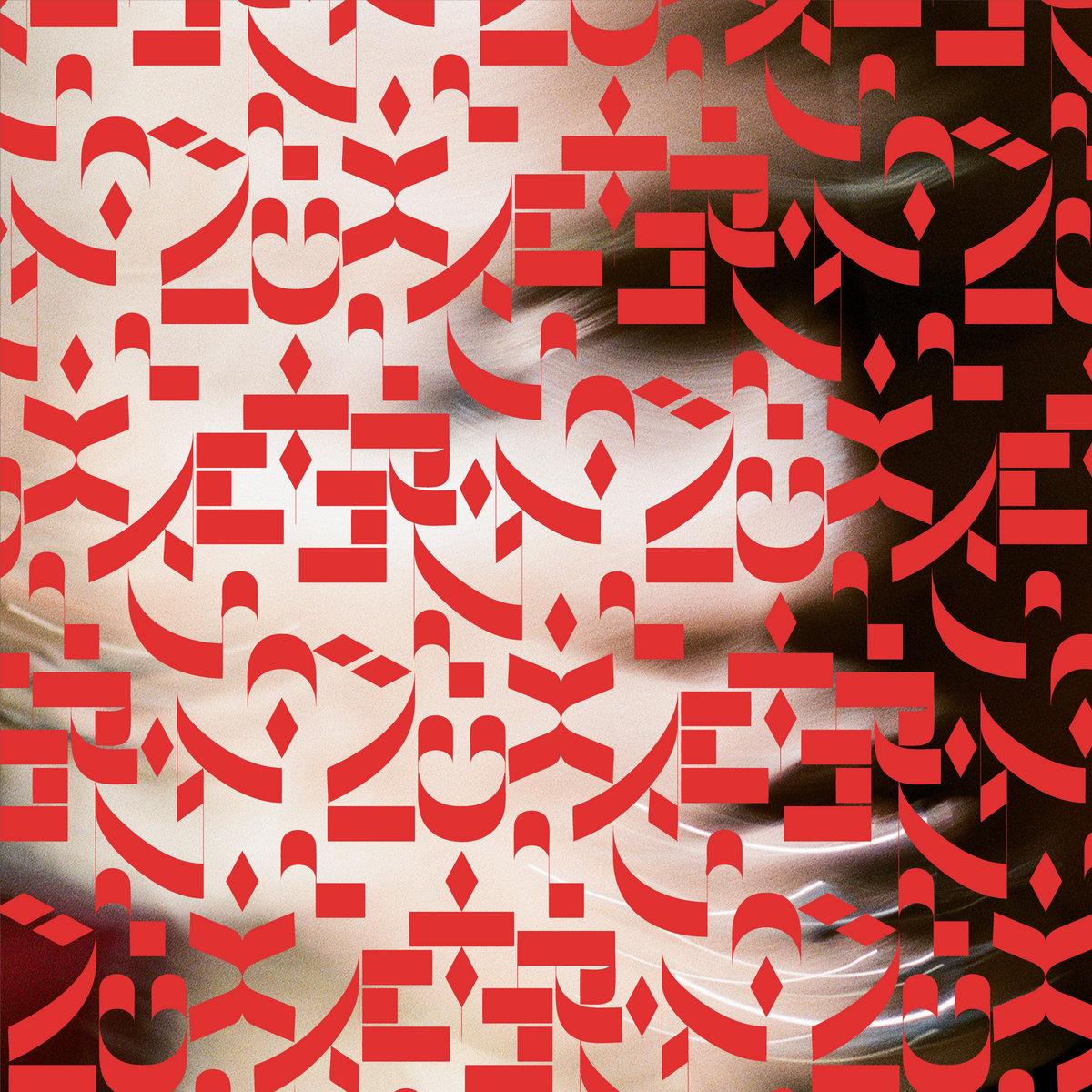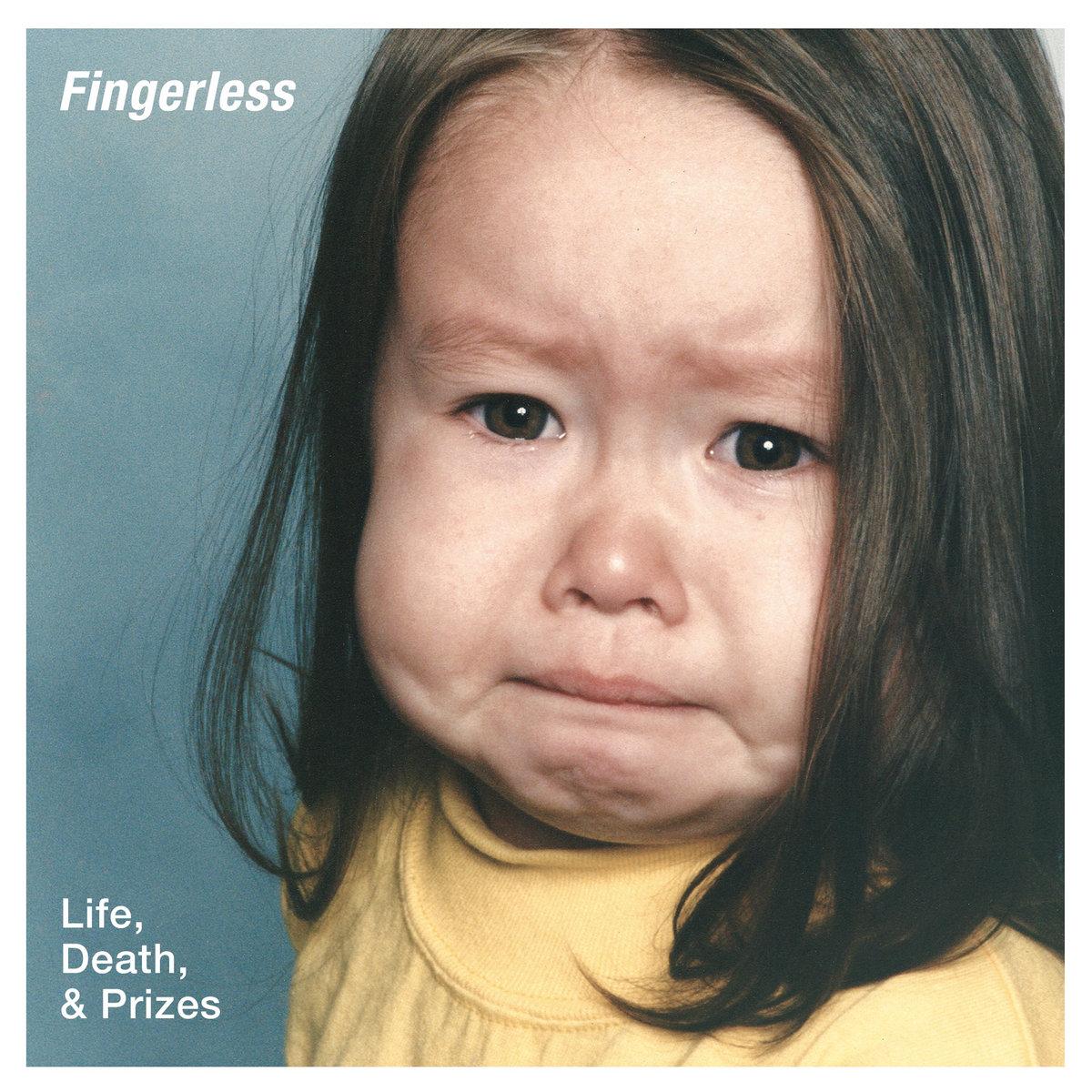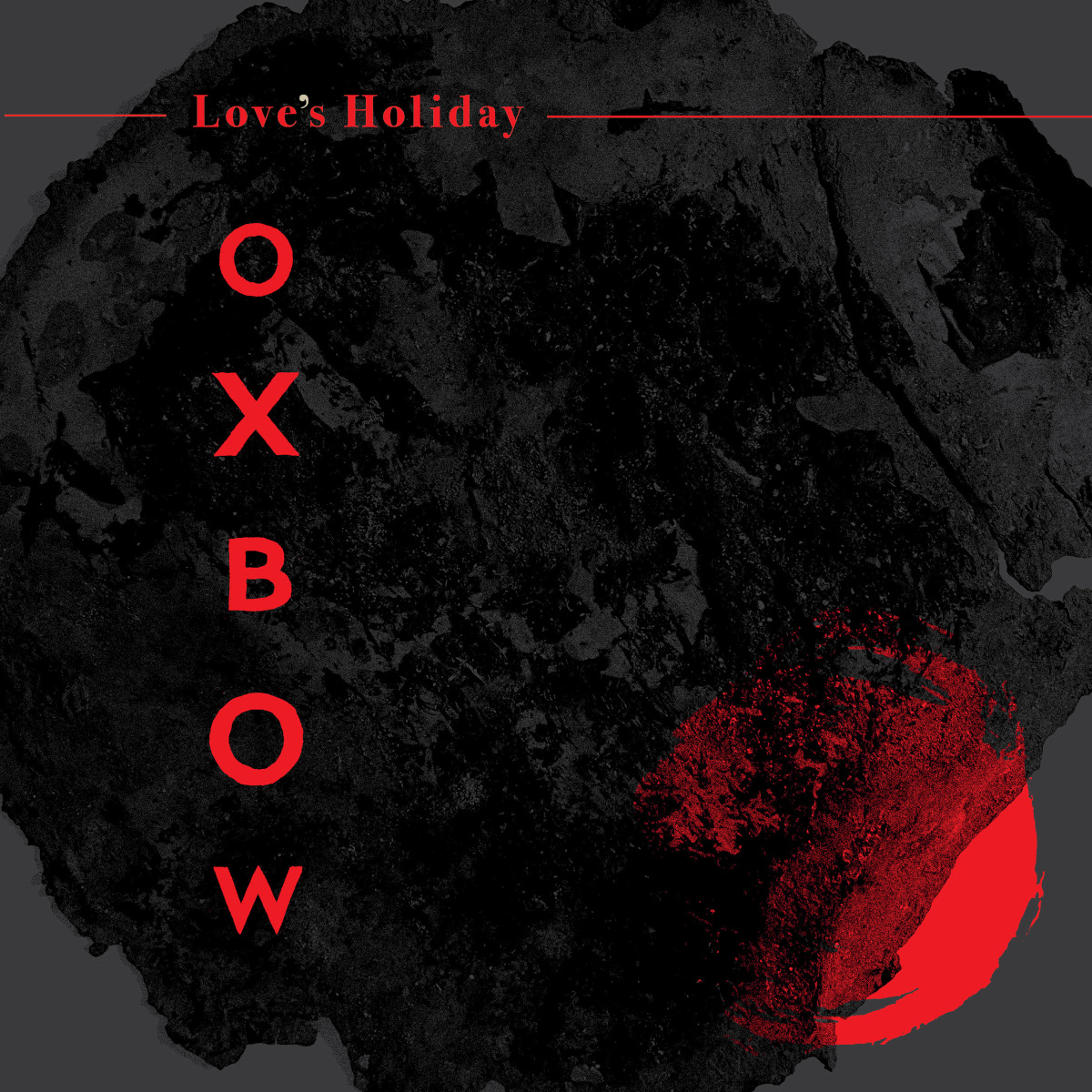
- Just over six years ago, Oxbow released Thin Black Duke, arguably the group’s greatest musical statement. Critically acclaimed upon arrival, it appeared ten years after the band’s previous record, The Narcotic Story. Thin Black Duke was a terrifying tour-de-force of shifting dynamics. At times balefully quiet, with erratic explosions of frightening power and intensity; an unhinged album charged with both menace and beauty. It was both a year highlight and a potential career-ender: the kind of album that can only be followed by disappointment. After all, lightning can rarely be bottled twice.
Released through Mike Patton’s Ipecac label, Oxbow’s new album, Love’s Holiday, further showcases Oxbow’s singularity, a group resistant to being labelled or corralled with a particular style or scene. Three singles preceded the album’s release, Dead Ahead, Icy White & Crystalline and 1000 Hours, with each song showcasing the different sides of a band who could be described as anything from noise rock, to heavy metal or avant-garde.
Dead Ahead and Icy White & Crystalline launch the album with a dramatic one-two punch. Both are indebted to the group’s noise-rock roots, marked with elements of Goat era Jesus Lizard. 1000 Hours sets a more sombre and sinister pace, as vocalist Eugene S. Robinson’s voice shifts from a turbulent shout to a deep wail, reminiscent of the experimental sound of late-period Scott Walker. Despite these sonic variations, the group never sound like anything but Oxbow. This is due, in no small part, to the unmistakable vocal performance of Robinson and the impeccable guitar work of Niko Wenner, with Wenner also acting as co-producer, alongside Joe Chicharelli, the group’s producer since 2007’s The Narcotic Story.
Oxbow have a long history of collaborating with female vocalists. Lydia Lunch sang on several tracks off King Of The Jews, Marianne Faithfull contributed to Serenade In Red and the experimental beat-punk writer Kathy Acker performed spoken word on the stand-alone single The Stabbing Hand. Therefore, the presence of Kristin Hayter, better known as Lingua Ignota, is no surprise. What is surprising is that Hayter’s contribution contains none of the vitriol one would usually expect, instead contributing an almost choral backing to Robinson’s pained vocals, charging the song with a solemn, melancholic tone.
Choral arrangements, courtesy of the fifteen strong Love’s Holiday Choir, feature on several of the album’s tracks, to great effect. Their presence is particularly strong on the album’s distorted, droning final number, Gunwale. No strangers to experimenting with classical musical arrangements in order to impart further depth and complexity into their compositions, Oxbow have utilised such orchestration as far back as their sophomore album, King Of The Jews.
Since forming in 1988 the group have only had one personnel change. Drummer Tom Dobrov was replaced by Greg Davis after 1995’s Serenade In Red, with Davis having contributed additional percussion as far back as the group’s 1989 debut, Fuckfest. Despite this long history Oxbow have only released eight albums, further evidence of their reputation as a group that works on their own terms. They record and release music at their leisure and each album is a precise, deliberate statement, rehearsed and refined until it meets the band’s exacting standards.
While often critically lauded, Oxbow have, in a much wider sense, remained unknown and under-appreciated. Their potent and uncompromising approach to music renders them anathema to general listeners and Love’s Holiday is not likely to change that. Brooding, brutal and at times blistering, this is music that is meant to provoke, confront and antagonise. Love’s Holiday is an album that almost suffocates under its own emotional weight and those seeking the superficial and the saccharine need not apply here. Albums such as this are not made for everyday listening, but they are all the more memorable for being so, whilst bands such as Oxbow are all the more brave in willfully illuminating the darkness that most artists lack the courage to explore.
- Nick Stephan.


